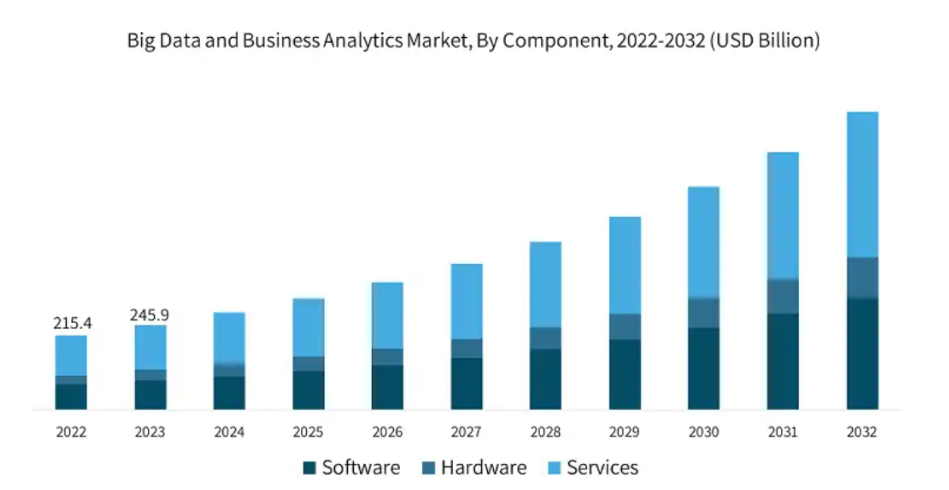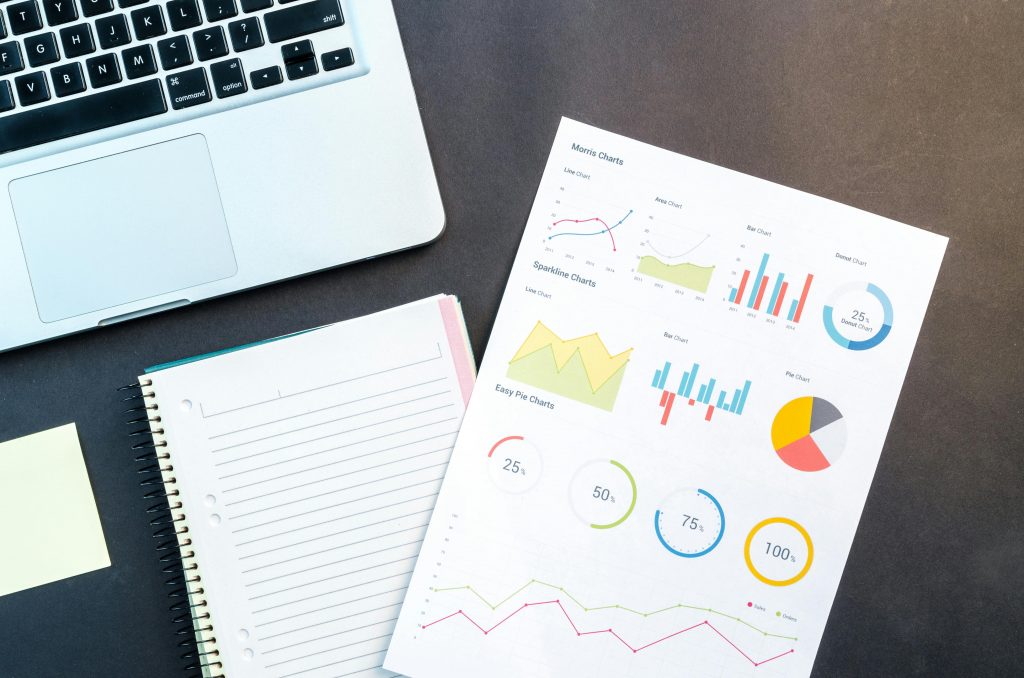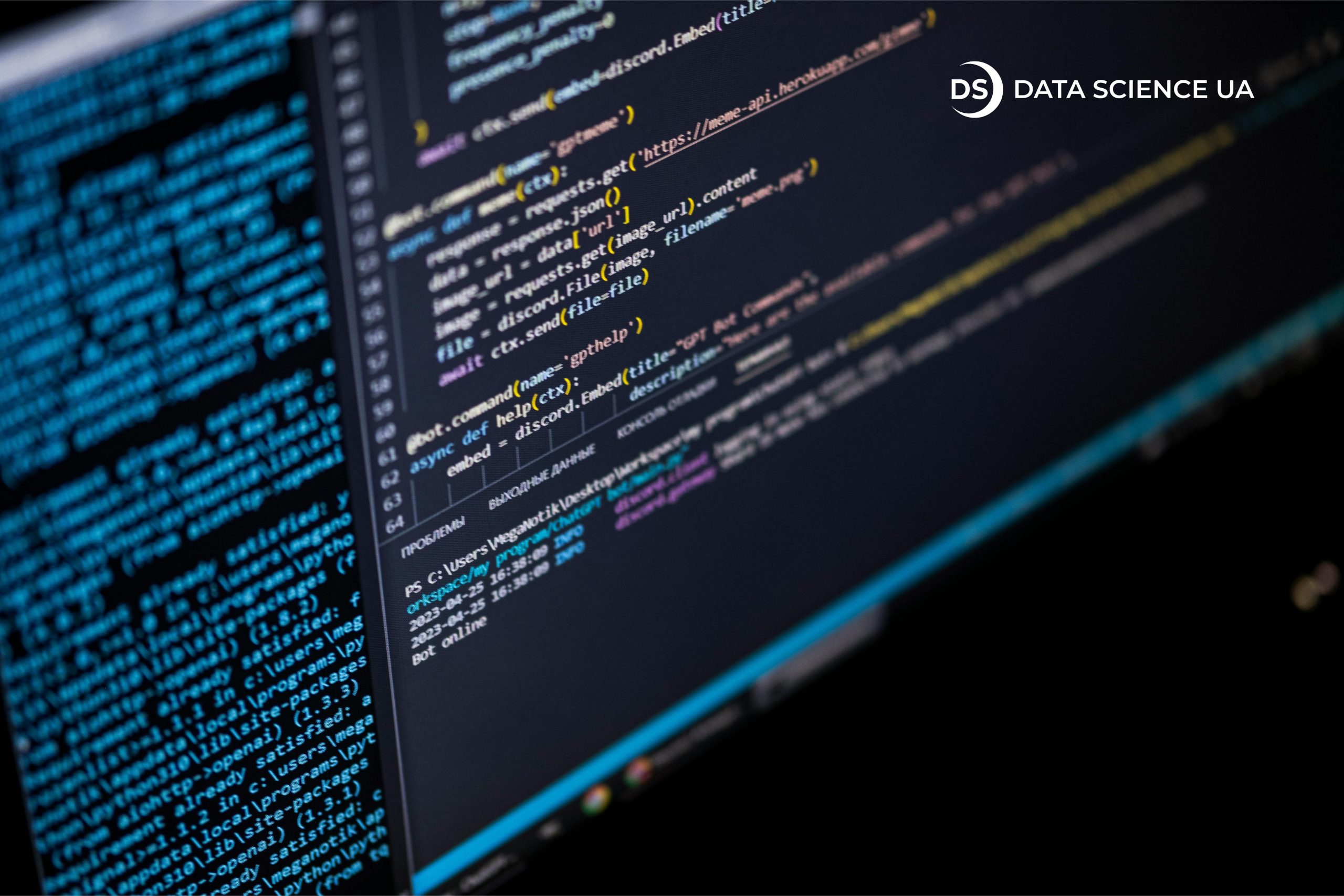Big data trends to keep an eye on in 2025!
Big data offers new opportunities for businesses, but it also brings some challenges. By 2025, certain big data trends will shape how companies work with it. Knowing these trends is key to higher competitiveness for organizations because it can give them an advantage in the future of big data.
From bytes to insights
Before we explore the emerging big data trends, it is necessary to grasp their fundamental concepts. These “5 V” concepts are essentially the building blocks fundamental to gaining the upper hand against the competition:
- Volume: The huge amount of data created every second is hard to grasp. It is estimated that about 2.5 quintillion bytes of data are produced each day, including everything from social media posts to data from IoT devices.
- Velocity: Businesses now need to analyze data in real time because it arrives rapidly. For instance, in finance, transaction data is being pumped out every second and must be examined right away to help with decision-making.
- Variety: All the generated data comes in different forms: either unstructured, semi-structured, or structured, gathered from the company’s marketing channels or internal systems. This variety means a need for different analysis methods and big data tools trend.
- Veracity: The quality and accuracy of data are crucial for making correct decisions. Bad-quality data can lead to wrong strategies and missed opportunities.
- Value: Big data projects should provide useful insights for business growth and efficiency, so companies should focus more on extracting actionable insights from the data.
To learn more about how such principles can be implemented, refer to big data services.

How to use big data for your business?
Most impactful Big Data trends in 2025
Internet of Things networks
The first big data trend is the IoT. By 2025, there will be more than 75 billion objects connected over the world. This growth will further trigger huge data generation that needs advanced analytics for actionable insights. For instance, smart home devices can monitor energy usage and optimize consumption for cost savings on the consumer side. If you want to keep up with the latest trends in big data and learn how to improve processing capability and predictive maintenance in industries like manufacturing or transportation, go ahead and start with the application of AI in IoT.
Predictive analytics
Predictive analytics is also among the biggest trends in big data. It has also evolved further to help organizations provide better forecasts of behavior and trends. For instance, it is possible for retailers to now leverage customers’ purchasing history in making forecasts about future purchasing habits, hence being able to simplify inventories as well as personalize advertising campaigns. A great illustration is that of Target which used predictive analysis to identify pregnant women based on their consumer behavior and push specific promotions towards them that enhance sales. So, yes, this big data trend can indeed transform your business growth.
Dark data -> Cloud solutions
Dark data offers a goldmine opportunity. It is estimated that more than 90% of data collected by organizations remains unused. Moving this data to cloud solutions will enable companies to unlock hidden insights and improve operational efficiency. For instance, a financial institution would hold all the historical transaction data, which could then be analyzed to identify fraud patterns or customer behavior trends. It will lead to improved security measures and customer service. Cloud platforms like AWS and Azure offer tools in big data analytic services to help organizations manage and analyze this dark data effectively.
AI and ML
Artificial Intelligence (AI) and Machine Learning (ML) are the next trends big data. These technologies can identify patterns and anomalies in vast datasets, providing insights that would be impossible to uncover manually. Companies in healthcare facilitate predictive analytics to identify at-risk patients with the help of pattern matching over historical data trends. With advanced evolutions coming up in such technologies, enterprises can now deploy solid analytical systems with strong analytics abilities. Explore our AI software development services and ML development services to stay updated in this trend!
Role of Chief Data Officers
As we see the future of big data, the role of Chief Data Officers (CDOs) will expand. The CDO shall be critical in leading the organization toward data governance and strategy, adhering to the regulations, and driving data literacy in the workforce. For instance, Unilever hires CDOs to focus on creating Data-driven Transformation Initiatives, meaning better and more efficient decision-making mechanisms and streamlined workflows.
NLP
NLP is an unmatched improvement in user interaction with automated data. Making smart data more accessible to non-technical users, This technology empowers them to drive insights from it. For example, NLP-based chatbots can engage in customers’ search behavior, speeding up the service and increasing customer satisfaction. NLP can be utilized by organizations to scan customer reviews and social media posts to understand customer feelings and inclinations better. Our NLP services enable organizations to leverage this technology for improved data integration, accessibility, and usability.
Quantum Computing
Quantum computing will push the ability to process big data into a new dimension, where complex calculations are made at unprecedented speeds. Quantum computing will lead to new opportunities in data analysis, such as solving optimization problems in logistics and supply chain management. Volkswagen, for example, is considering the use of quantum computing as it looks to optimize city traffic movement and reduce road congestion, hence enhancing urban mobility. Quantum computing will revolutionize each and every industry that depends on processing huge amounts of data. In addition, it possesses abilities that classical computing will never attain!
Edge Computing
Edge computing will accelerate data processing by placing computation closer to where the data is generated. A sample of real-world application: edge computing enables self-driving cars to process sensor data in real time and make instantaneous decisions to improve safety and performance even further. In manufacturing, on the other hand, edge devices can monitor equipment condition in real time and reduce downtime. As companies sift through trends in big data to find the perfect strategy for improved decision-making and streaming analytics, edge computing might just be the strategy they’ve been looking for.
Cybersecurity
Data grows, so do its threats to security. Big data infrastructures require concomitant enhancements in cybersecurity for securing sensitive information and making it trustworthy. Increasingly, corporations are implementing AI-powered security tools that are able to detect and respond to attacks in real time. Darktrace is an example, employing machine learning to discover anomalous behaviors in network patterns and respond to possible breaches by itself. Organizations are also using multi-factor authentication and advanced encryption techniques for data security.
Open-source data utilization
Open-source data solutions are gaining traction, providing many cost-effective means of processing and analyzing data. Such big data trends are democratising data access and promoting collaboration between organisations. For instance, the Apache Hadoop framework has emerged as a mainstay for big data processing, where organisations are able to leverage distributed computing to perform large-scale data analysis without paying hefty licence fees.
Data democratization
Data democratization is also bringing the future of big data into focus, since the data is being made available at all levels of the organization for a data-driven culture of decision-making. This approach has been followed by organizations like Netflix, where teams throughout the organization independently access and analyze data in order to bring about faster innovation cycles and better business outcomes.
The role of data lakes and lakehouses in storage
Data lakes and lakehouses are now a necessity to handle large volumes of unstructured data with flexibility and scalability. Data lakehouse is the best of data lakes and data warehouses and enables organizations to store raw data while still providing structured access to analytics.

Global Market Insights statistics
Make big data work for you, not against you!
Focus on ecosystem integration
Blending various data sources and technologies will render big data trends more efficient, creating a single ecosystem for data analysis. For example, a retail business would consolidate its point-of-sale system and online sales data in an attempt to have a greater perspective on customer behavior and gain increased marketing efficiency.
Encourage cultural adaptation for data-driven decisions
A very important part of maximizing benefits from big data is a data-driven culture within the organization. Companies like Amazon have taken up informed decisions and integrated them with their business culture, where each employee at every level can easily get involved with data. Such a cultural shift requires strong leadership support and continuous training in data literacy.
Develop teams with the right expertise
With big data’s changing nature, the ability to build teams skilled in data analytics, AI annotation services, and machine learning will be even more critical. Organizations may need to begin investing in relevant training programs themselves or coordinate their efforts with educational facilities to create a generation of professionals truly capable of wielding emerging technologies. Companies would also finance data science boot camps or similar upscaling for their employees.
Clean data = clear results
Data quality and integration obstacles
Ensuring data quality and integrating data sources from different avenues remain a concern for organizations. Organizations can only ensure high-quality data through proper implementation of the data governance frameworks, supplemented by the usage of data quality tools. For instance, Talend or Apache Nifi can be used for seamless integrations with data coming from a wide variety of sources.
Ethical and regulatory hurdles
Compliance with regulations and ethical standards go hand in hand in this age of big data. Organizations are expected to stay abreast of these and alter their operations based on them. Many organizations operating in Europe are changing the way they handle data because of GDPR compliance. Organizations are recommended to form specific compliance groups for any compliances related to the particular business entity. How can our AI chatbot development company assist you? Find out by the link!
Manage real-time data processing
Companies must devise ways to deal with these challenges using real-time data to maintain competitiveness. This may mean investing in stream processing technologies and infrastructure that can support high-velocity data in flight. Companies like Confluent provide solutions for managing real-time data streams, allowing businesses to respond quickly to changing conditions.

Real-time data processing
Real stories from real industries!
Smart shopping experiences
With just this one trend in big data analytics, you can personalize offerings and significantly improve customer experiences. The shopping pattern can be effectively tracked, allowing retailers to adjust their stock levels in real-time, reduce waste, and maximize sales. Learn more about big data in e-commerce to understand how these strategies are implemented.
How to heal with data?
Even healthcare is not left without its trends in big data analytics! In this field, big data applications improve patient outcomes and operational efficiency and provide data-driven insights that were not previously accessible. Predictive analytics is increasingly used by hospitals to forecast future admissions and help optimize staffing levels appropriately. Take Mount Sinai Health System in New York, where they use the activation of predictive models for high-readmission-risk patients to automatically trigger timely intervention for higher quality and less costly care. It gives a sneak peek into how the future of big data analytics will evolve to change health delivery.
Innovation in finance
Big data in the financial industry is used to analyze risks, threats, and customer behavior. Large banks use big data analytics to analyze transactions and spot any strange patterns to considerably reduce fraud losses. Based on analysis of customer data, financial institutions may also offer products tailored to specific needs, which will ultimately lead to better customer satisfaction. Discover more about big data in finance.
Smart factories = smart future
Big data is making manufacturing processes more efficient and cost-effective. For example, General Electric uses big data analytics to track equipment performance in real-time, which can reduce breakdown instances and allow for predictive maintenance. Data from sensors implemented inside the machines can help in the detection of potential failures beforehand, thereby saving a lot of time and effort. Do you want to know more about this field’s big data future? Explore big data in manufacturing.
Data-driven green energy
Big data technology and trends continue to play an influential role in renewable energy solution development, enhancing optimized energy production and consumption further. Companies can foresee periods of high or low demand with data analytics and adjust renewable energy creation accordingly, thereby supplementing further sustainability. Moreover, by analyzing the patterns in meteorological processes, utility companies make informed decisions for optimizing renewable resources on the consumers’ end. This trend reflects the future of big data in promoting environmental sustainability.
Why Data Science UA is the right choice for big data services
Data Science UA provides comprehensive solutions, leveraging the latest big data analytics trends to keep you ahead of the competition no matter the requirements! With a proven track record of AI, Machine Learning, and Data Analytics projects, we can become your trusted partner in the world of Big Data. Our customized solutions are designed to reveal the full potential of companies’ data assets. Find out more about our outsourcing image processing services.
Where does big data take us next?
Going forward, the big data trends 2025 will continue to evolve, bringing about challenges coupled with opportunities. By staying informed and adapting to emerging big data trends, it would be much easier to create innovation and harness further success. Having appropriate strategies and technologies in place, a business is adequately prepared to deal with the complexities of the big data environment.
FAQ
How do companies ensure data privacy in the big data era?
Data privacy is ensured through policies related to strong data governance, encryption, and compliance. Companies are also frequently audited and assessed externally for privacy regulation compliance.
What role does big data play in sustainability initiatives?
Big data helps the organization optimize resource usage and reduce waste for enhanced sustainability with advanced data-driven insights. For example, it can analyze energy consumption to identify areas for improvement and perform more sustainable practices.
What is the major innovation expected in big data for 2025?
A big innovation that nobody expected might be the integration of big data analytics with quantum computing, whereby its processing capability would change many applications from their core. Several firms started working to leverage it into business; surely, breakthroughs would begin.





